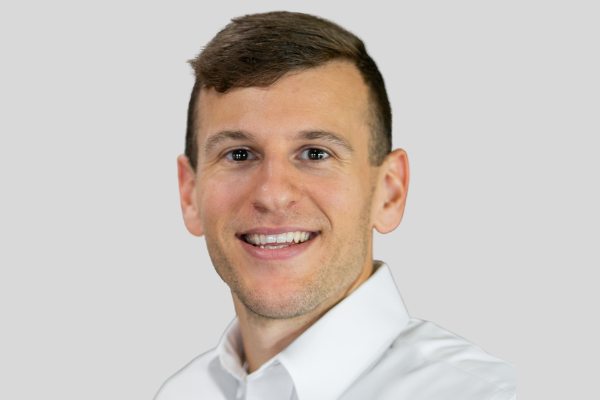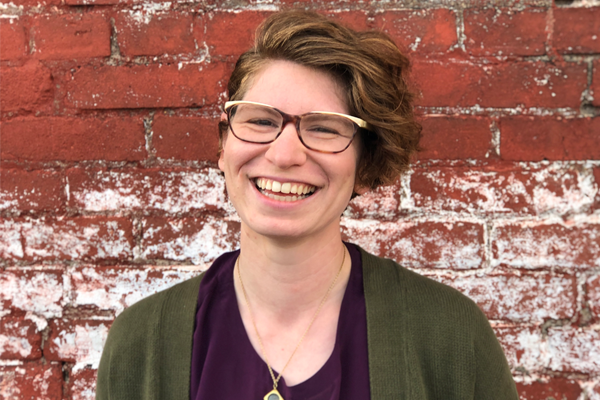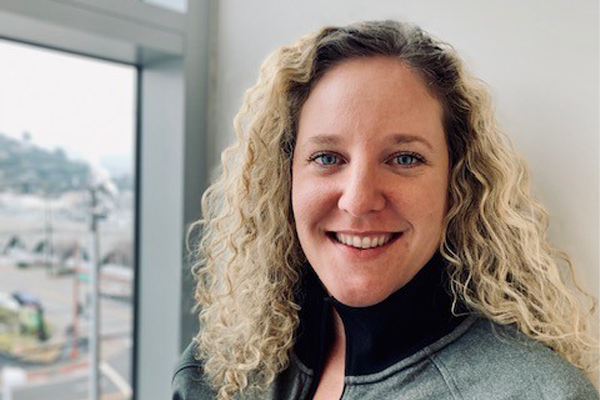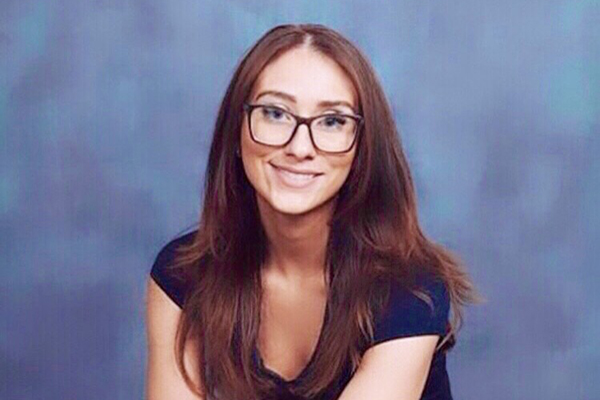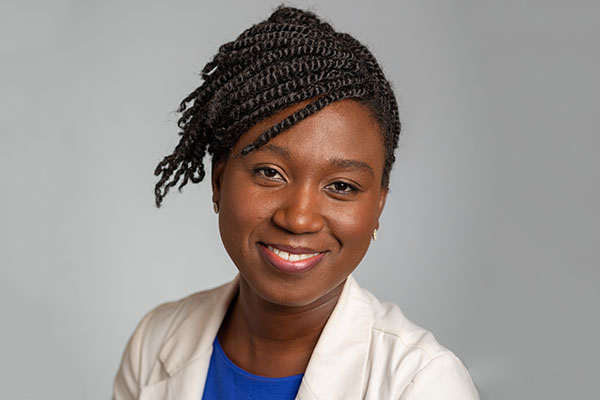By: Qinghe (Angela) Zheng, Senior Scientist, Johnson Matthey
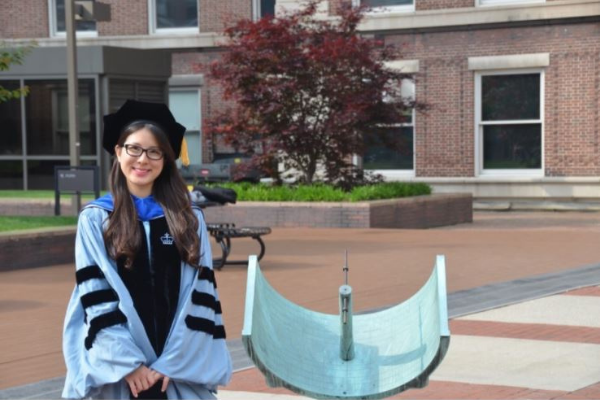
Qinghe (Angela) Zheng is a Senior Scientist in Global Gasoline Development group, Clean Air Division at Johnson Matthey, Wayne PA. She received her PhD in Environmental Engineering from Columbia University in 2016, where she worked with Prof. Robert Farrauto with a focus on environmental catalysis. Upon graduation, she joined RTI International as a postdoc scientist, followed by a promotion to research chemical engineer, when she worked on materials development for various energy and environmental applications.
In early 2020, she joined Johnson Matthey as a staff scientist, followed by her recent promotion to senior scientist. Currently at JM, she is working on catalyst research and development for automotive emissions abatement. She has published 14 first- and co-authored articles on peer-reviewed journals, filed various patent applications, and delivered more than a dozen presentations at major research conferences and meetings in her field.
She is currently serving as program chair for Catalysis Club of Philadelphia (CCP), and she is an active member of American Chemical Society (ACS) and the American Institute of Chemical Engineers (AIChE). She has also been constantly invited to serve as peer reviewer for journals, proposals, competitions; technical session chair and abstract reviewer for major research conferences; and journal editorial board member.
What experience first led to your interest in chemistry?
I have developed interest in exploring science and nature since I was a little kid, and I was lucky to be raised by a family that always encourages creative thinking. I remember my parents used to take me to a lake full of beautiful lotus flowers in the summer. I was especially impressed by the phenomenon that the water droplets did not wet the surface of the lotus leaves. Later I learned that what I observed was previously discovered as the “lotus effect”, which refers to the ultra-hydrophobicity of the micro-nanostructured surface of the leaves, and high contact angle between a water drop and the surface, leading a “self-cleaning” effect of the surface. Scientists have developed polymer coating materials partially inspired by this unique natural property. My next thought then was: can I also become a scientist who is able to create materials with unique properties for potential useful applications? Over decades-long study, I have become certain about my true research and career interests in materials chemistry, and I’m proud for eventually becoming a scientist working on catalyst and material development.
Tell us a little bit on how you entered your current research area. What is your current role at Johnson Matthey?
During my PhD at Columbia University, I was beyond grateful to work with Prof. Robert Farrauto, who has not only led me to the amazing world of catalysis, but also taught me how to become a real scholar and researcher. My main PhD research project was industrial sponsored, on mechanisms of deactivation and regeneration of automotive three-way catalysts. In the project, various catalyst compositions at different aging/regeneration conditions were investigated, while a matrix of characterization methods were designed to examine the correlations between reaction conditions and catalyst physiochemistry properties.
Meanwhile, I also worked on another couple of projects, including one on methane emission abatement from natural gas vehicles, in which we invented an effective approach for sustained catalyst performance by onboard catalyst regeneration via reforming reaction. My PhD experience has laid a solid foundation for my methodology development for doing catalysis research.
During my first job as a researcher at RTI International, I got a chance to work with a group of talented scientists on multiple material projects (catalysts, sorbents, functional materials, etc.) for various energy and environmental applications. One project was on novel mixed oxide material development, in which we discovered some specific perovskite compositions with outstanding redox properties, and potential application as oxygen storage materials for automotive and air-separation applications.
Another interesting project was on biomimetic oxygen sorbent development for room-temperature air-separation, in which I tried synthesizing more than a hundred organometallic materials for oxygen-selective sorption. The unique research experience has expanded my horizon for materials development.
Currently at Johnson Matthey, I’m working on catalyst product development for automotive emissions control. JM is a leading supplier for automotive catalyst in the world, with 1 in 3 cars on road equipped with JM’s catalytic converter and 20 million tons of pollutants stopped by JM’s emission control catalyst each year. I’m very excited that I can now turn my catalysis and materials knowledge and expertise into practice, for making the world a cleaner place.
The best piece of professional advice you have to offer to early career professionals?
1. Look forward, be ready to take the next challenge, and be brave to get out of your comfort zone
The way I stay productive in my work and research is always looking for the next challenging project/material idea/experimental task/collaboration opportunity, while I’m working on my current ones. Sometimes it’s a total new research area/experimental method that you’ve never tried, but you can always learn from literature and other people’s work and try your own experiments to prove concept. By collaborating with other people, not only can you accelerate your project progress and expand your project scope, but you can also improve your project management skills for your career development.
2. Plan ahead, either long-term or short-term
Planning ahead is extremely important for me, throughout every aspect of my life. The very first step of planning is setting a goal, for your education/career/research project/experiments, etc. The next step is to think about how to achieve this goal with a proposed method and at least one back-up one if it does not work. Then lay out detailed tasks and give time estimates on individual tasks and overall picture. Finally, execute your plan and modify it only if you can improve it.
What do you like to do away from work?
I love hiking, biking, reading, and traveling. I enjoy good music and I also sing and play piano/keyboard myself. I began learning ballet a couple years ago, and I do oil painting sometimes on the weekend.
This article has been edited for length and clarity. The opinions expressed in this article are the author's own and do not necessarily reflect the view of their employer or the American Chemical Society.
Copyright 2021 American Chemical Society (All Rights Reserved)

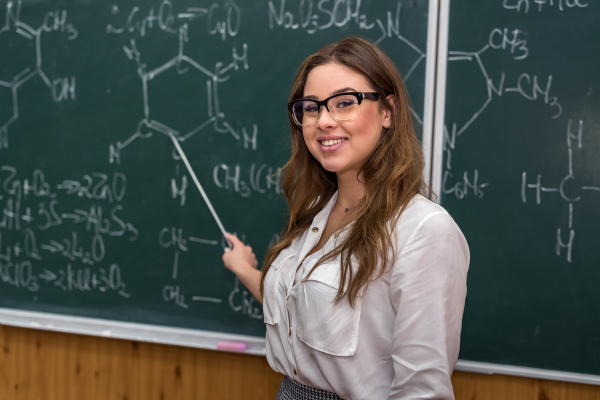
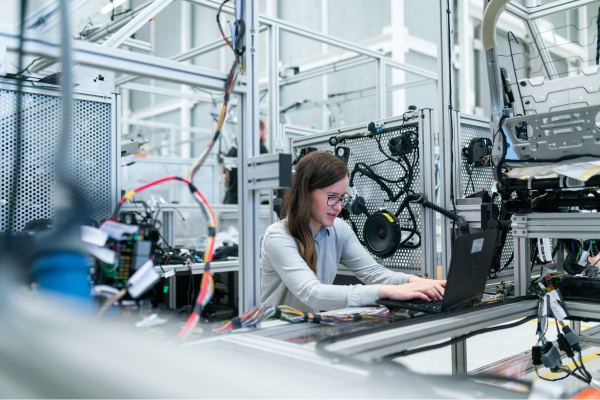

/bridget-wooley-600x400px.png)
